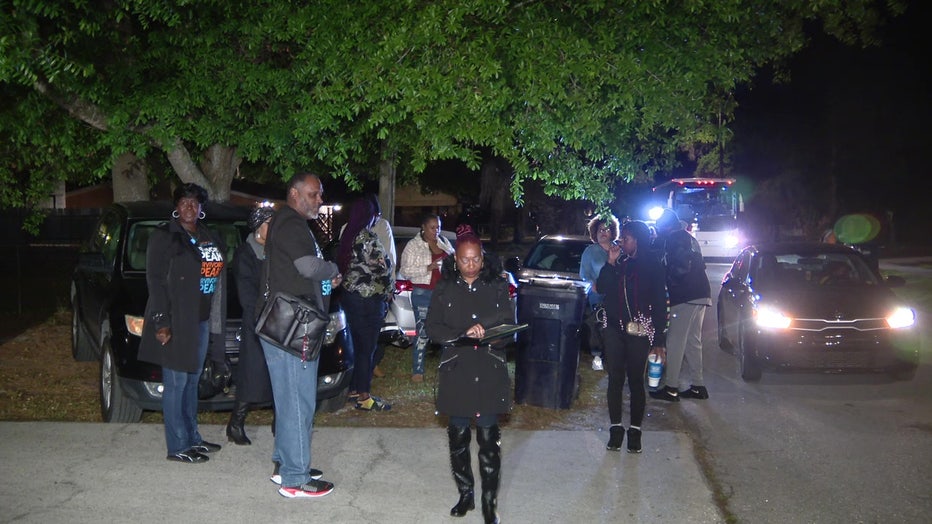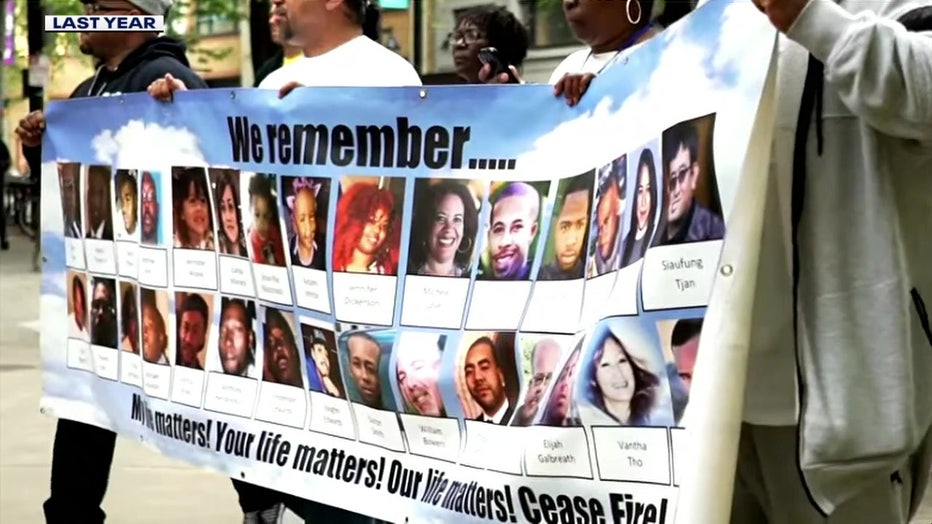Bay Area crime victims call for change in Tallahassee
TAMPA, Fla. - Hundreds of crime victims and their loved ones will be in Tallahassee Tuesday to rally for changes in law that they believe will make communities safer and provide greater support to victims of crime.
"When survivors speak, change happens. So we, as survivors, are speaking to the legislators for that change that we need," said Elliott Saunders, whose stepson, Isaiah, was killed in an Ybor City shooting in 2004.
Saunders has spent years making the annual trip to the state capitol as part of Crime Survivors for Safety and Justice, a national support group that lobbies on behalf of victims in hopes of ending cycles of crime and violence.

Crime victims head to Tallahassee to advocate for victim's support.
Tuesday, the group will speak in support of three bipartisan bills:
HB 233 / SB 490
Also known as Curtis’ Law, HB 233 would require employers to provide leave to the direct family members of deceased minors so they have space to mourn and make arrangements. The bill would also require law enforcement to provide certain information to families during the investigation of the death of a minor. According to several Tampa families who took the trip to Tallahassee Tuesday, getting basic information about the status of their child’s case is a major source of frustration and only adds to the pain they feel.
HB 593 / SB 376
HB 593 would seal the arrest records for those who were apprehended, but never actually convicted of a crime. Supporters say those records can be a huge obstacle to employment and housing.
HB 1263 / SB 1478
As part of a larger criminal sentencing reform bill, HB 1263 would make changes to the state’s probation system to limit jail time for technical or low-level violations.

File: In 2022, the group held up a banner with images of crime victims.
"We don’t want anybody going to jail for a minor or technical violation, such as missing a meeting or being late to a meeting. It makes no sense to put people back in jail and back into the system to serve a longer, extended sentence for no reason. You could find other alternatives," said Saunders.


